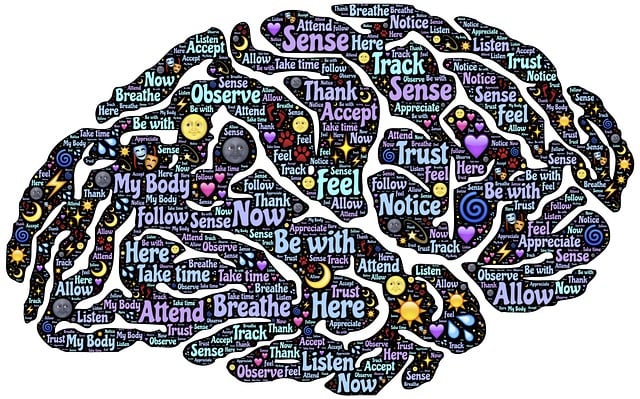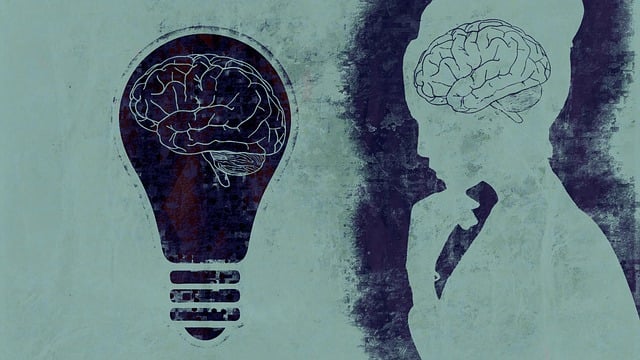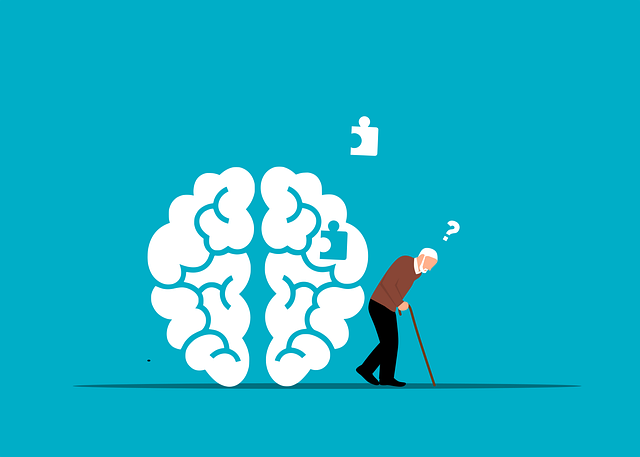Cultural competency in healthcare, particularly within Denver Phobias Therapy, is crucial for effective treatment. By understanding and respecting diverse patient backgrounds, therapists create safe spaces that build trust and personalize care for anxiety disorder sufferers. Training equips healthcare providers to communicate sensitively, avoid stereotypes, and tailor treatments to meet individual needs, improving adherence and health outcomes. Impactful training programs should include interactive sessions, case studies, and role-playing scenarios, integrating social skills and confidence-boosting activities to improve therapist-client connections. Stigma reduction through open dialogue further enhances inclusive therapeutic spaces, improving patient outcomes in Denver phobias therapy settings. Strategic planning, ongoing evaluation, and real-world application are key to refining training programs for holistic improvements in therapeutic outcomes and encouraging self-care routines.
“Healthcare provider cultural competency training is an essential aspect of modern medical practice, especially in diverse communities like Denver. This article explores the significance of cultural competency in healthcare and its profound impact on patient care, particularly through the lens of Denver phobias therapy practices. We’ll delve into designing effective training programs, implementing strategies for continuous improvement, and evaluating the success of these initiatives to ensure quality care for all patients.”
- Understanding Cultural Competency in Healthcare: Why It Matters and Its Impact on Patient Care
- Designing Effective Training Programs: Essential Components for Denver Phobias Therapy Practices
- Implementing and Evaluating Cultural Competency Training: Strategies for Continuous Improvement in Healthcare Settings
Understanding Cultural Competency in Healthcare: Why It Matters and Its Impact on Patient Care

Cultural competency in healthcare is a vital aspect that goes beyond treating symptoms; it involves understanding and respecting diverse patient backgrounds, beliefs, and values. This concept is especially crucial in Denver Phobias Therapy, where healthcare providers must create a safe and non-judgmental environment for individuals dealing with anxiety disorders. By embracing cultural competency, therapists can effectively connect with patients from various ethnic, racial, and cultural groups, ensuring tailored care that addresses their unique needs.
Incorporating communication strategies and empathy building strategies is essential during Healthcare Provider Cultural Competency Training. These skills enable providers to navigate sensitive conversations, avoid stereotypes, and offer personalized treatment plans. For instance, a therapist trained in cultural competency might adapt their approach when treating a patient from a different cultural background, considering language barriers, traditional healing practices, or specific fears related to their heritage. Such adaptability can significantly impact patient care, fostering trust, improving adherence to treatments, and ultimately leading to better health outcomes.
Designing Effective Training Programs: Essential Components for Denver Phobias Therapy Practices

Designing effective training programs for Denver phobias therapy practices requires a structured approach that goes beyond surface-level workshops. A comprehensive curriculum should include interactive sessions, case studies relevant to diverse patient backgrounds, and role-playing scenarios. By integrating social skills training and confidence-boosting activities, therapists can enhance their ability to connect with clients from various cultural walks of life.
Mental illness stigma reduction efforts are also vital components, fostering an environment where patients feel safe and understood. These programs should encourage open dialogue about different beliefs and practices related to mental health, ultimately improving patient outcomes and creating a more inclusive therapeutic space in Denver phobias therapy settings.
Implementing and Evaluating Cultural Competency Training: Strategies for Continuous Improvement in Healthcare Settings

Implementing cultural competency training within healthcare settings is a dynamic process that requires strategic planning and ongoing evaluation. To ensure effectiveness, training programs should be tailored to address the diverse needs of the patient population served by the healthcare organization. In Denver, Phobias Therapy has successfully integrated mindfulness meditation techniques into its curriculum, fostering inner strength development among participants. This holistic approach not only enhances therapeutic outcomes but also encourages the adoption of self-care routines for better mental health.
Regular assessment and feedback mechanisms are vital for refining training programs. Healthcare providers should be encouraged to offer insights on the relevance and applicability of the training content in their daily practices. By collecting and analyzing this data, organizations can identify areas that need improvement and make necessary adjustments to keep up with evolving cultural landscapes. This continuous improvement strategy ensures that the healthcare team remains equipped to deliver culturally sensitive care, ultimately enhancing patient satisfaction and outcomes.
Cultural competency training is a game-changer in healthcare, especially for practices like Denver Phobias Therapy. By equipping providers with the knowledge and skills to navigate diverse patient backgrounds, these training programs enhance patient care and foster more inclusive, effective treatment environments. Implementing evidence-based training strategies, as outlined in this article, ensures continuous improvement, leading to better health outcomes and stronger community connections.














